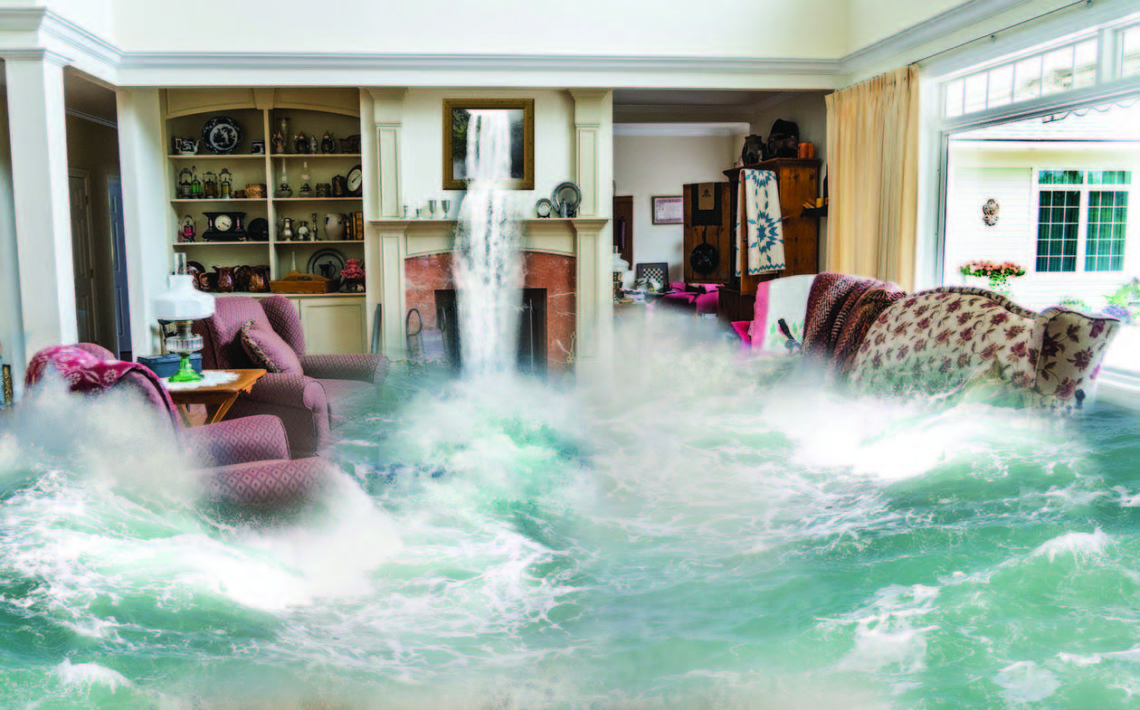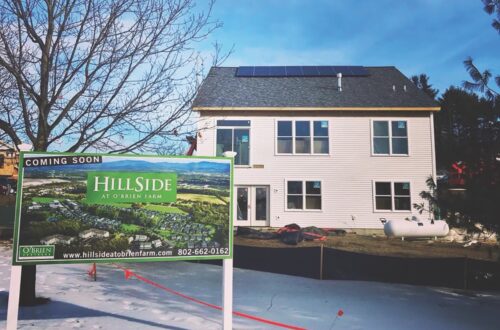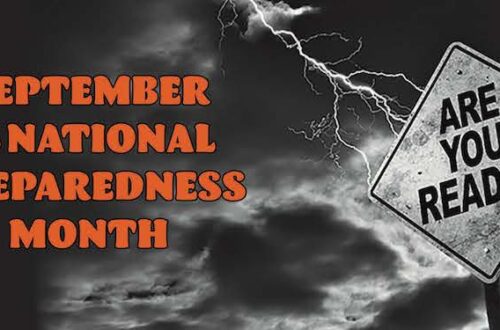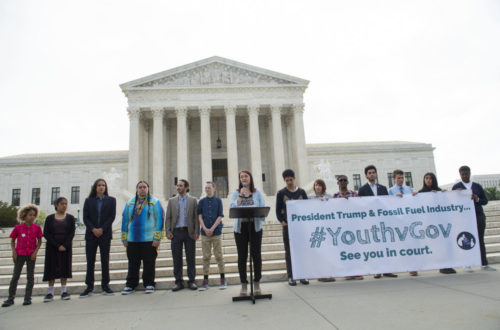“Life isn’t about waiting for the storm to pass. It’s about learning how to dance in the rain.” – Vivian Greene
“SPROING!’
That sound came to mind when I was thinking about Resilience. Resilience means being able to bounce back in the face of a challenge, being able to adapt and make changes, and even to innovate. Whether the power goes out, or your job is eliminated, or there is a glitch in the kitchen, resilience means figuring out how to adjust and reorganize in order to cope with those new conditions. Developing resilience is essential to enjoying well-being.
Figuring out a new or different way to solve a problem doesn’t need to be about something monumental or earth-shaking (like the Big One). It can be as simple as finding a work-around for using Word, or any other technology. That’s exactly what I did recently when my efforts at making a new galette recipe didn’t work out. I just adapted the recipe and the shape, baked it and it was still tasty, just more creative looking. Another cooking-related example is figuring out what to substitute for a missing ingredient so the meal can be completed.
Years ago, when Alan Alda was hosting Scientific American Frontiers on PBS, we watched a segment about our early human ancestors. One of the show’s points that stuck with me was those beings who could adapt best to changes were the ones who survived. Being flexible and thinking creatively is just as important now as it was then.
Do you ever think about what would you do if ________ (fill in the blank)? One example that comes to my mind relates to reducing our garbage to one can a year. Since China stopped taking most of the world’s recycling, we now pay even more attention to what we allow into our house, particularly when it comes to plastics. In general, avoid plastics in contact with our food, even though this is very difficult. Previously, many plastics could be taken to recycling centers such as Far West Recycling. That is no longer true so more plastic items must be put into our garbage, which we didn’t want to do. As a result, we no longer buy sushi at the grocery store near us because we can no longer recycle the little plastic tray and lid. Adapting to this new reality has made us move our thinking further upstream. Now we have become even more conscious of what we consume in order to reduce waste. Before a purchase, we stop to consider if that purchase will create any garbage.
Many of the folks who are reducing their waste are coming up with creative adaptations. Recently, a young woman who did not want to buy another plastic salad spinner asked a Facebook group for suggestions. There were lots of ideas from the group, all of which avoided plastic, and some avoided having to spend any money.
In western Cascadia, we realize a big earthquake is due to occur at some time. And we have seen lots of wildfires and forest fires in these last several years. So, what adjustments must we make to adapt and prepare?
I find it helpful to make a mental list of what I want to be able to do and to know:
- Am I strong enough to be able to carry enough water to meet emergency/survival needs? (Heck, it helps to be strong to make bread, too. My mother made our bread, and her arms were very strong).
- Where can I shelter if my house is too damaged?
- Do I know how to use the tools that I might need?
- Can I cook creatively if I need to?
- Where can I store extra clothing, pots, pans and utensils, sleeping bags, toilet paper?
- What skills can I share with others? Who can I call on for help?
Climate change is causing many variations and will continue to cause more. Learning what to expect is vital. As in any extraordinary circumstance, people will need to come together to take care of each other and to share skills and resources. This is where resilience is so important. A resilient person can successfully navigate the ups and downs to experience quality of life, no matter what happens. Resilience means having the capacity to successfully adapt to stress, challenge, and adversity.
I like this thought from Elizabeth Edwards:
“Resilience is accepting your new reality, even if it’s less good than the one you had before. You can fight it, you can do nothing but scream about what you’ve lost, or you can accept that and try to put together something that’s good.”
The following link takes you to a site showing how the people in California have helped each other following the wildfires in Northern California: https://bit.ly/2ULzSJr
Betty Shelley, and her husband, Jon, have filled only one 35-gallon can of garbage per year since 2006. In her three-session class, “Less is More: Getting to One Can of Garbage a Year”, Betty Shelley teaches her techniques for reducing waste. For more info: www.reduceyourwasteproject.com







2 Comments
Kayla @ Writing From Nowhere .com
This blog post contains two of my all time favorite things – preparedness and waste reduction! I used to live in Seattle and worked for the American Red Cross NW Region. I did disaster preparedness and was shocked by how many people knew about the Big One but hadn’t prepared at all. I hope the people in your community learn from you, in regards to waste AND safety <3
Rosie - greenrosielife
I love this. Being able to adapt can be a life changing skill and it’s one we are all going to need of Climate Change is going to be reversed.